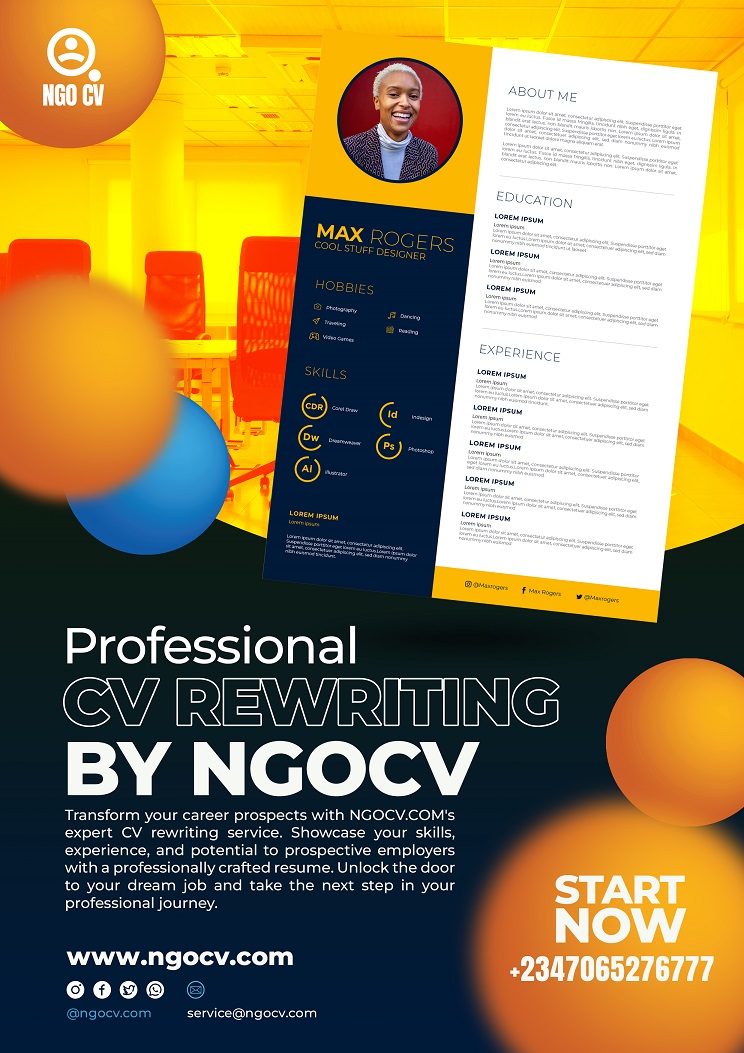
Background:
The European Union Support to Food Security and Resilience in Taraba State (DCI/ FOOD/2018/395-810) is a 10 million euros, 54-month EU-funded project to improve food security and livelihoods resilience of smallholder farming households in Taraba State. The project is being implemented by Oxfam and Development Exchange Centre (DEC) in 80 rural communities across six (6) Local Government Areas of the State targeting 40,000 vulnerable rural households. The project’s main objective is to build resilience of small-scale farmers, fishermen and livestock owners in various commodity value chains and rural enterprises. It is intended to empower women and youth by enhancing their abilities to access required services, produce optimally, and earn more income from market activities. The Local Government Areas of implementation are Ardo-Kola, Donga, Kurmi, Takum, Wukari and Zing.
In the past thirty seven months, PROSELL has been building the resilience of the targeted 40,000 farming households in their agricultural productivity, expanded rural financial inclusion, enhanced market access, and job creation along crops, fish and livestock value chains. Interventions are being delivered to enhance adaptive capacities of small-scale farmers to climate change and promote cooperation and mutual benefits of farmers, livestock owners, and all value chain actors in the selected six (6) Local Government Areas (LGAs) in Taraba State. The project has equally provided immediate succour for the extremely vulnerable rural households through humanitarian assistance aimed at stabilizing them to pursue sustainable livelihoods activities.
In addition to supporting rural households, PROSELL has been empowering the government at the State, LGA, and community levels for an enhanced capacity to develop and implement people-oriented policies and programmes. Inefficiencies in local market systems and systemic challenges promoting conflicts among the people are being addressed as well to deepen resilience and facilitate long term development. Climate-resilient agricultural and non-agricultural livelihoods are being promoted in an inclusive manner that recognizes peculiar needs of women and young people while market actors are engaged to collaborate better in order to make markets work for the poor.
The followings are the specific objectives of the project:
i. To increase income of small scale farmers by enhancing their agricultural productivity, market access, and job creation along crop, fish and livestock value chains.
ii. To enhance adaptive capacities and resilience of small-scale farming households to climate change.
iii. To promote cooperation and mutual benefits of farmers, livestock owners, and all value chain actors.
Rationale:
The PROSELL project have facilitated the formation of over 1600 VSLA groups for financial inclusion, social cohesion, enhanced leadership capabilities to empower women among others. Furthermore, the members were trained on a number of needs based IGAs and GAPs; and supported with agricultural inputs and other assets. Although a number researches were conducted on VSL which include rolling baseline, post distribution monitoring, citizens perception among others, none of these studies deliberately set out to measure how VSLA which is one of most important components of the PROSELL project can improve resilience of households using any resilience frameworks. Measuring the resilience of women in VSLA using any standard resilience index will add value to some of the learnings from our adoption of VSL methodology and provide a good evidence for policy advocacy. The findings will be useful to government and Oxfam to decide if the VSL methodology should replicated in other areas. This research, therefore, seek to answer the following questions:
- What is the impact of investing in economic strengthening interventions at the household level
- How do VSLAs help households to improve their resilience to shock (covid-19 and other disasters and conflicts)
- Do VSLA improve the resilience of men and women differently?
- What are the factors that could affect the sustainability of VSLA?
Objective of the consultancy
The main objective of this consultancy is to measure how VSLA improve resilience of women in the PROSELL communities in Taraba state. The specific objectives are:
- Measure economic resilience levels of households of VSL members;
- Assess the linkage between VSL and resilience in the midst of shocks brought about by Covid-19 pandemic and other shocks
- Determine how VSL improve the resilience of women compared to men
- Investigate the factors that could determine the sustainability of the VSL program in the state.
Framework and Methodology
Oxfam defines resilience as ‘the ability of women and men to realize their rights and improve their wellbeing despite shocks, stresses and uncertainty’ (Jeans et al., 2016)
Following the works of Martin, Breen and Anderies, 2011, Béné et al., 2012, and others, Oxfam has adopted a framework to conceptualize resilience in terms of three capacities – the capacities to absorb, adapt and transform (see Jeans et al., 2016). In order to assess the extent of how PROSELL contributed to the building of these capacities, the consultant is expected to adopt/adapt standard indicators of resilience which have been used in relevant literatures.
The consultant is expected to use household data supplemented with secondary data obtainable from Oxfam reports. It is expected that selection of respondents should be done using purposive, stratified and random sampling techniques. Furthermore, the consultant/consulting firm is expected to adopt a mixed methodologies/approach for data collection and analyses.
Deliverables:
The outcome of this consultancy should include quantitative and qualitative analysis and synthesis of data collected.. The expected deliverables will include:
i. Inception report containing a desk research report, sampling plan and sample size, methods of data collection and analyses, field work plan, and sample of survey questionnaire, focus group discussion and key informant interview guides.
ii. One Final research report
iii. One policy brief
iv. Power point presentation slides on the findings of the research.
Timeframe:
The consultancy is expected to be completed with 25 working days from the date of award.
Selection criteria:
The lead consultant should:
i. Have at least a Master’s Degree in Development Studies, Resilience, DRR, Governance, rural development, or related field.
ii. Have a track-record of academic and non-academic publications.
iii. Have at least five years’ experience undertaking Impact and research studies in development sectors and have a good understanding of concept of resilience.
iv. Be conversant with application of cross-cutting themes such as gender mainstreaming.
v. Demonstrate an understanding of Oxfam’s approach to resilience.
vi. Have proven experience of qualitative and quantitative data analysis.
vii. Have excellent analytical and report writing skills with skills in using statistical packages such as SPSS, STATA, etc. We welcome consultant with skills in using other relevant statistical packages which might be suited to the assignment.
viii. Have experience working in Nigeria.
ix. Be fluent in spoken and written English.
How to apply
Applicants who meet the above requirement and wishing to submit a proposal should submit information including:
i. Proposed technical proposal (with details of all the approaches to be used in selecting respondents, field work, analysis and reporting writing). -SEPARATE FILE
ii. Financial proposal (as a separate document from the technical proposal) inclusive of all logistics- SEPARATE FILE
iii. The level of efforts required for personnel involved.
iv. CV and/or company details demonstrating relevant experience and skills including previous experience in data analytics, particularly impact study.
v. Experience in the area of resilience studies, and at least one relevant sample of such studies.
vi. Name and contact details for at least two referees.
vii. Filled and duly signed RFQ
Questions:
All questions would be received in writing and sent to [email protected] on or before 22nd Sept 2021. Responses would be uploaded on OXFAM website by 23rd Sept 2021.
Submission:
Completed proposals (technical) and (financial) should be submitted to [email protected] . Deadline: 29th Sept 2021 at 5pm
Interested and qualified consultants are expected to download the full RFQ package from OXFAM-Website: https://nigeria.oxfam.org/get-involved-work-us/procurement-consultancy




